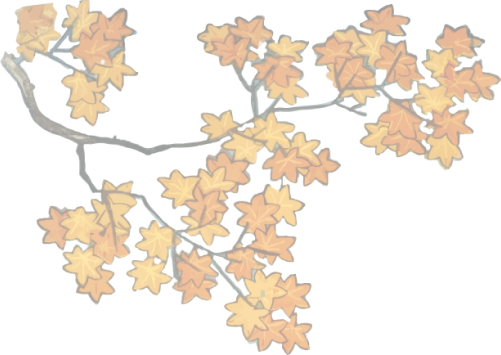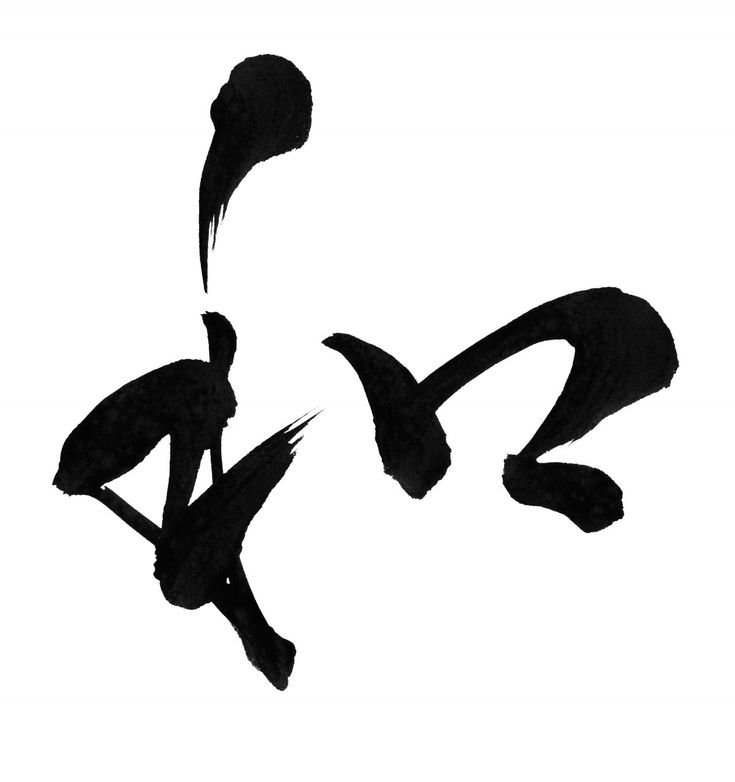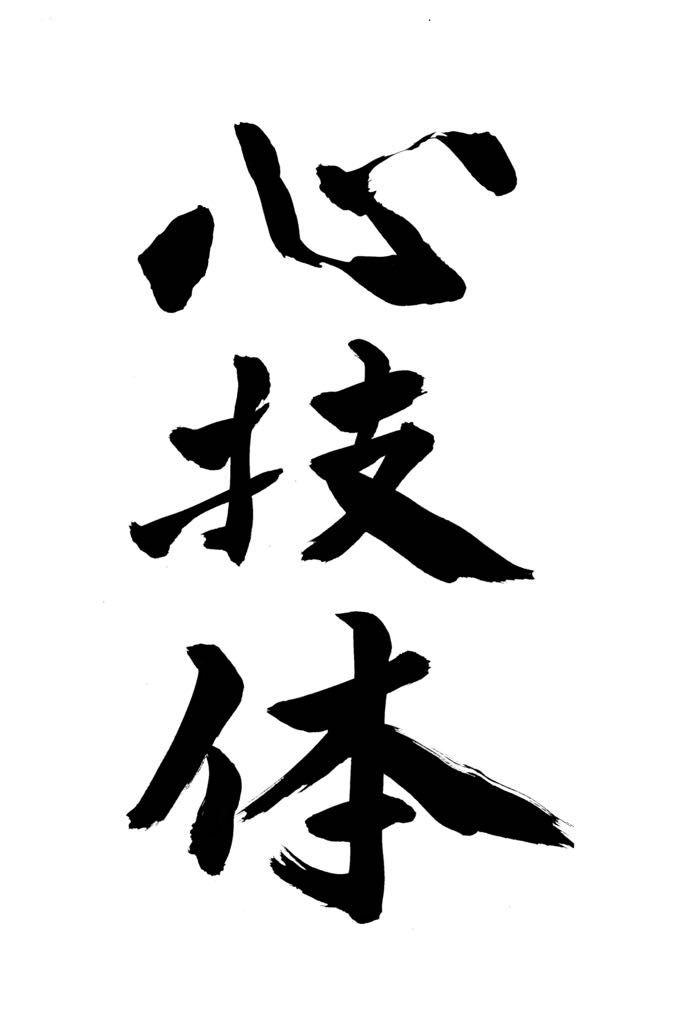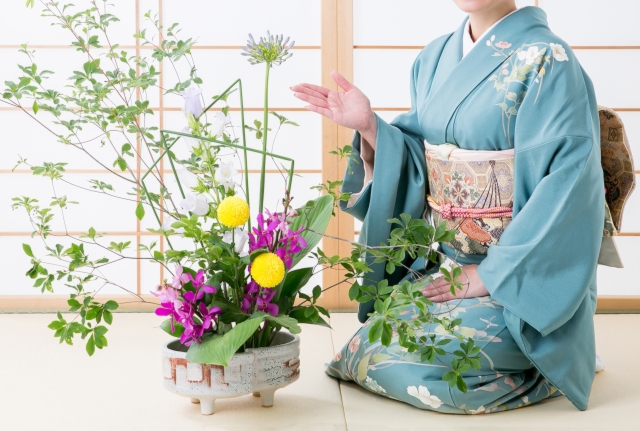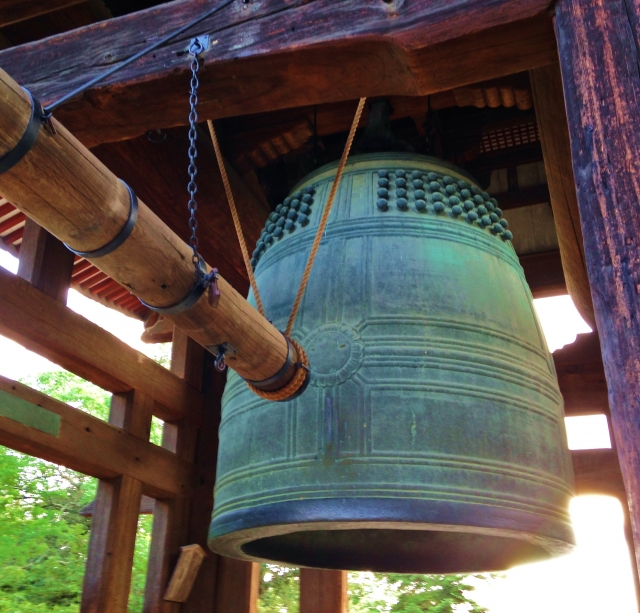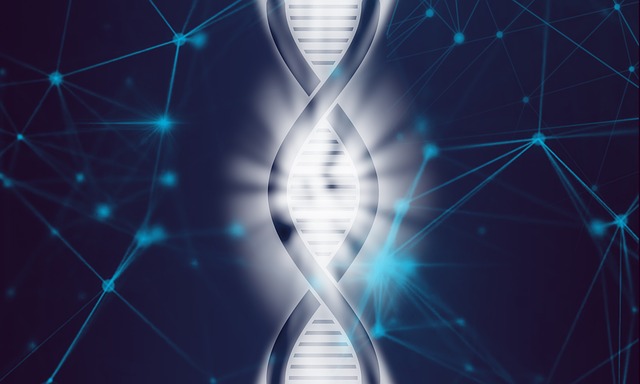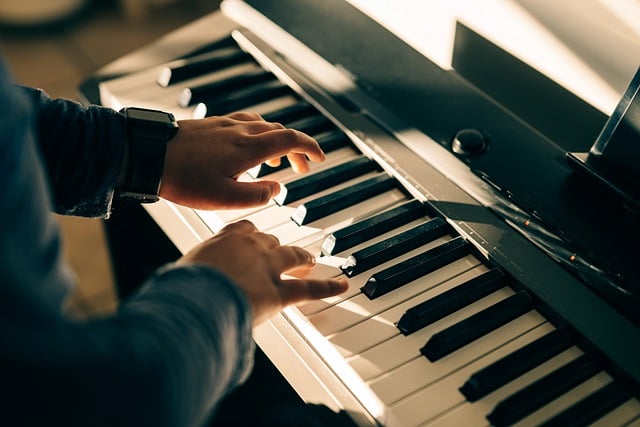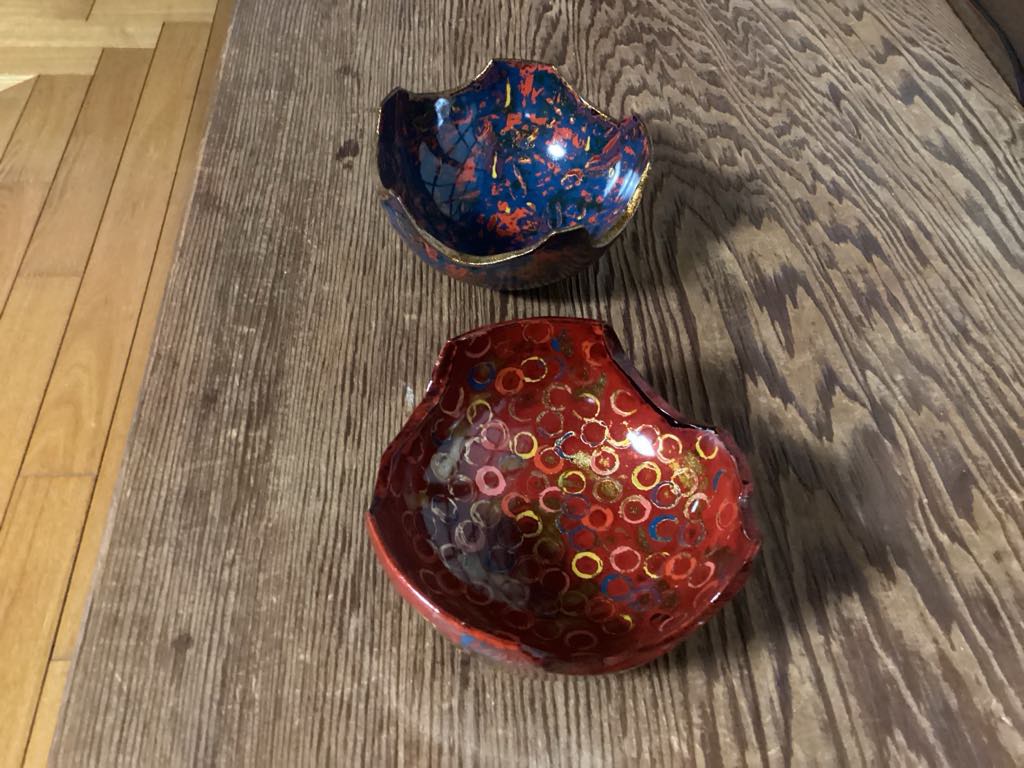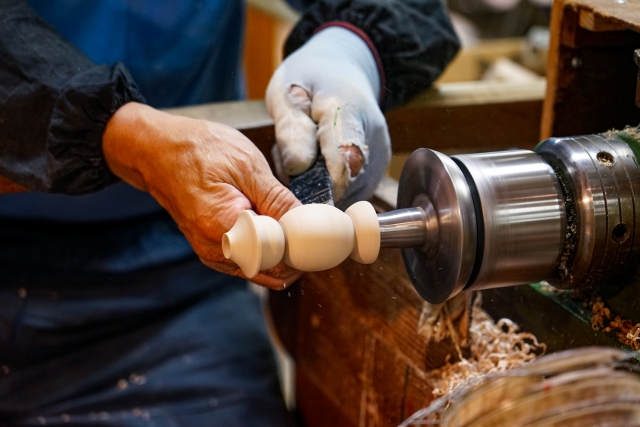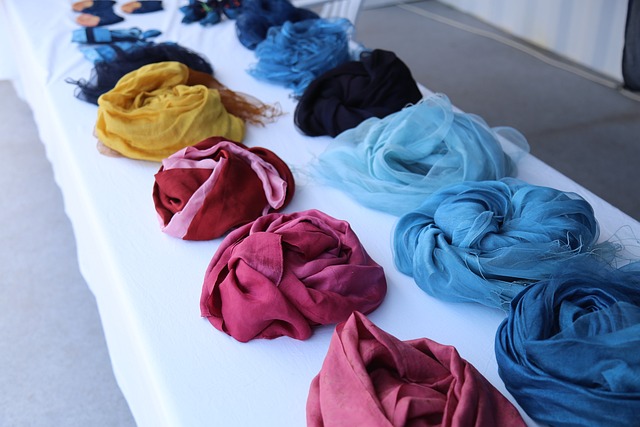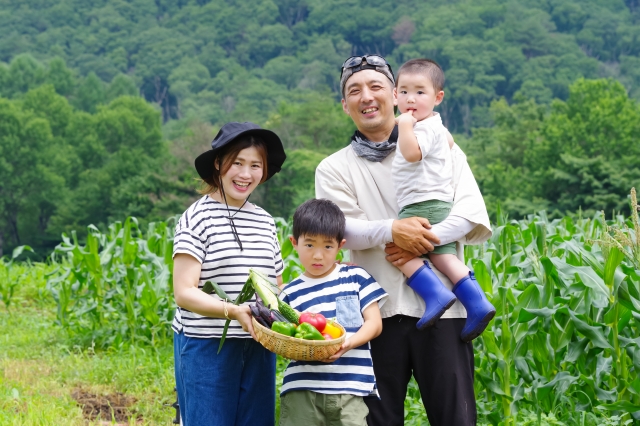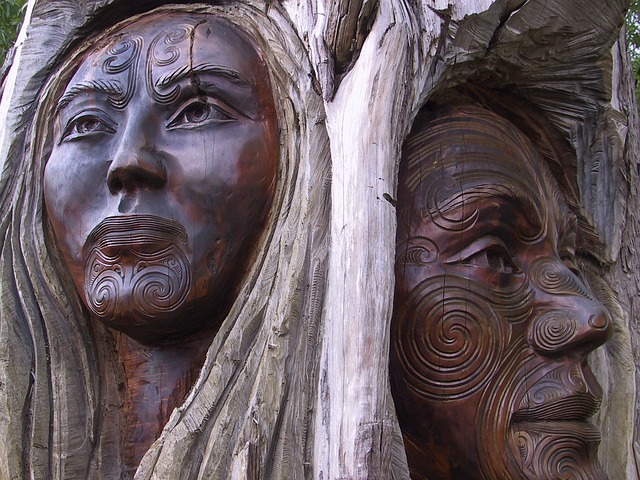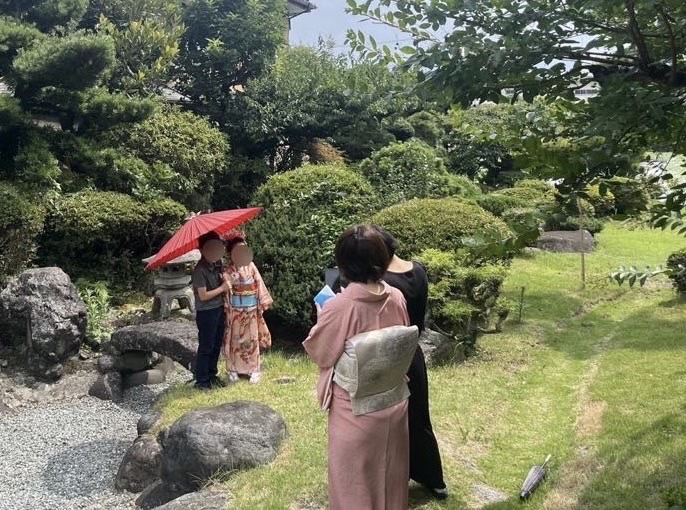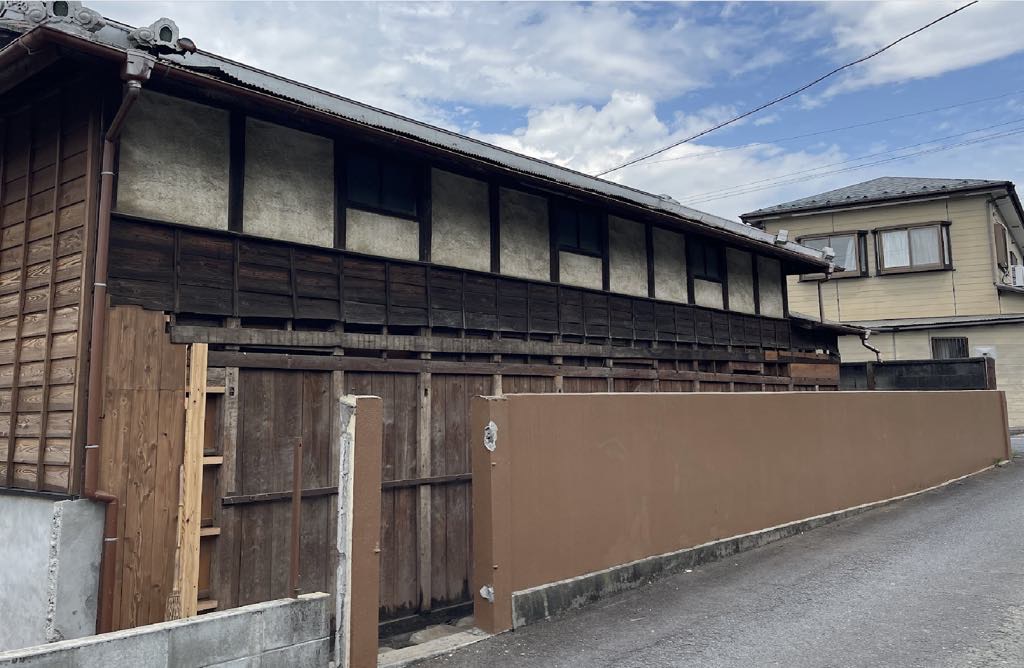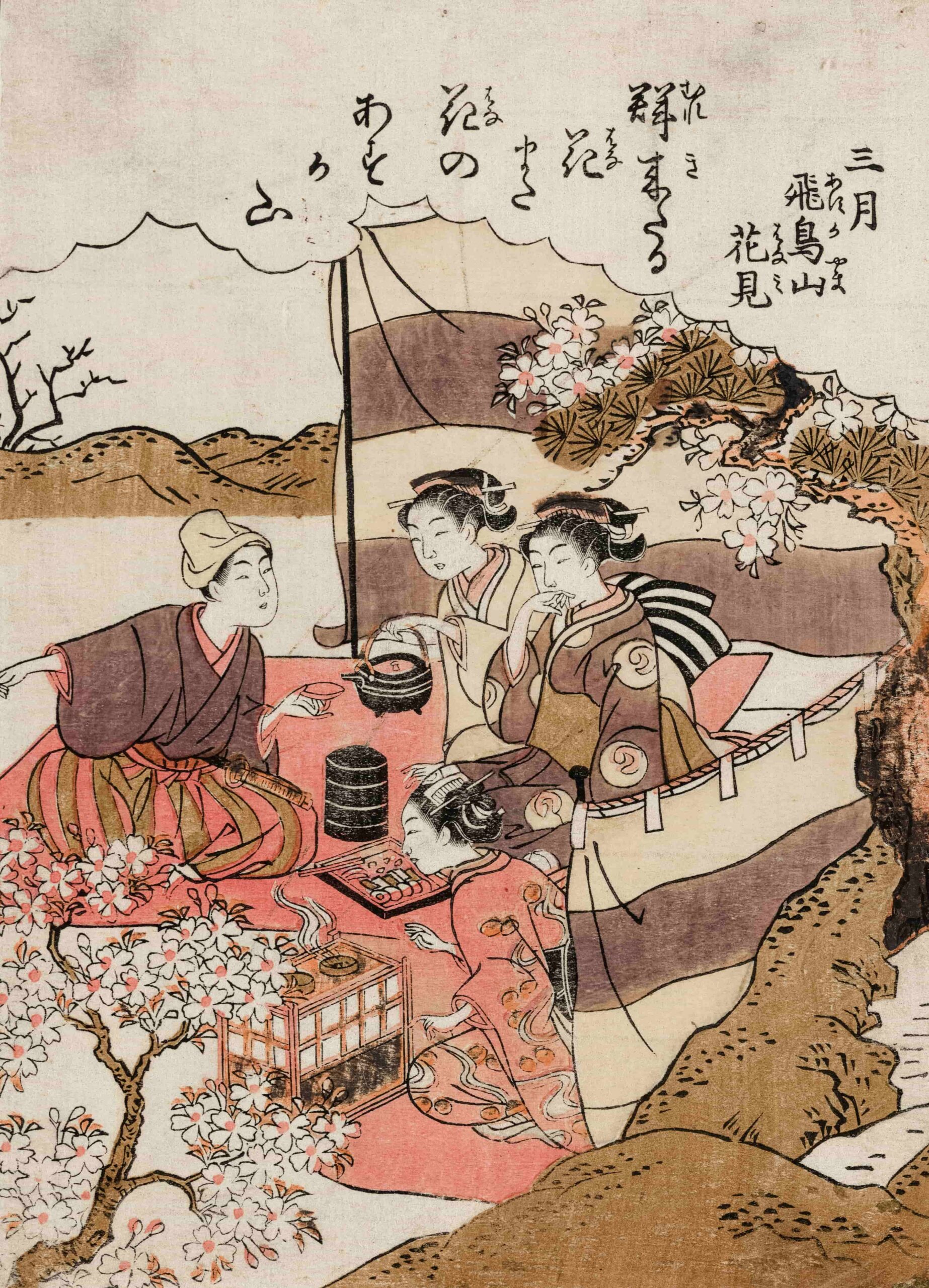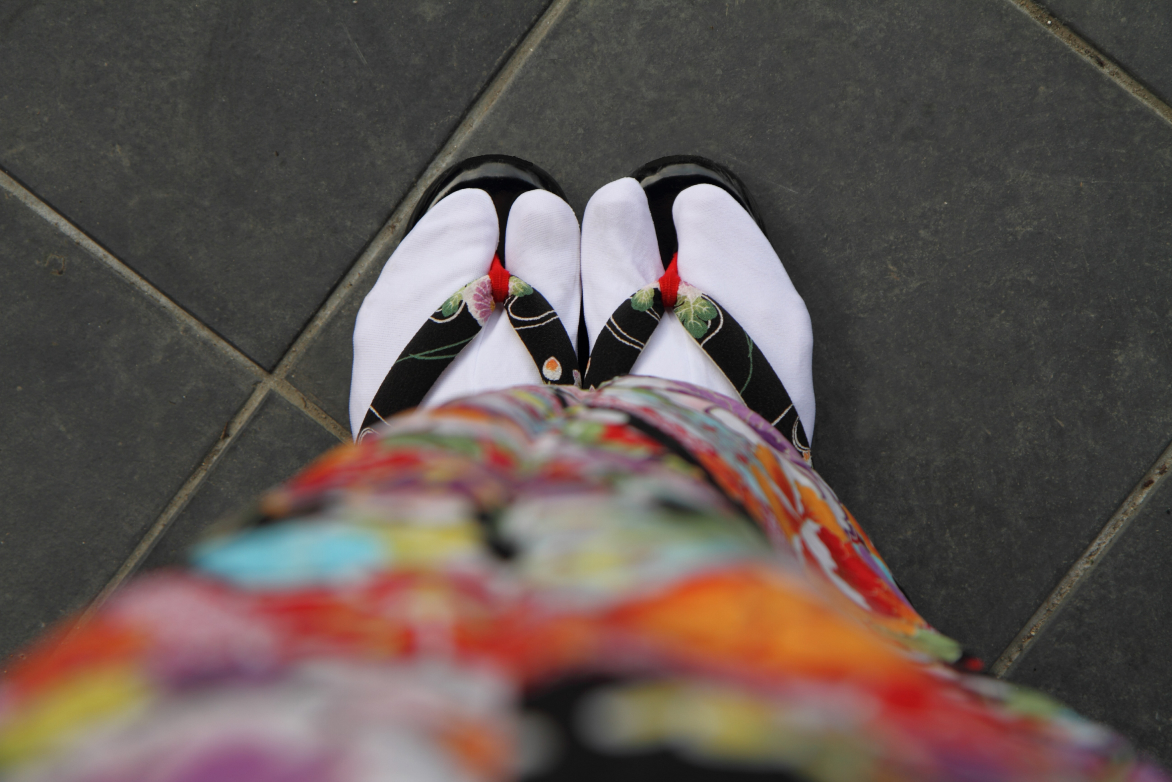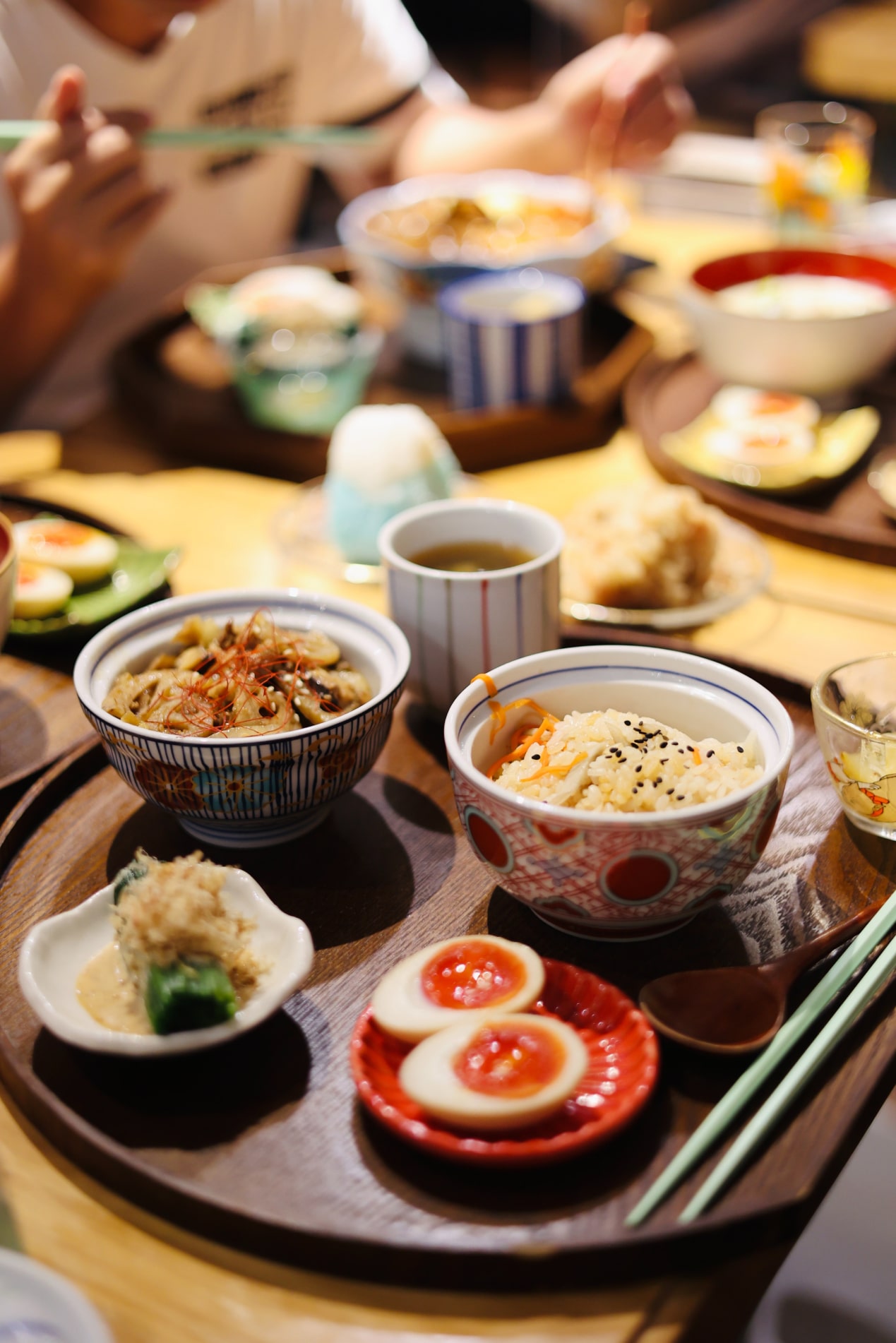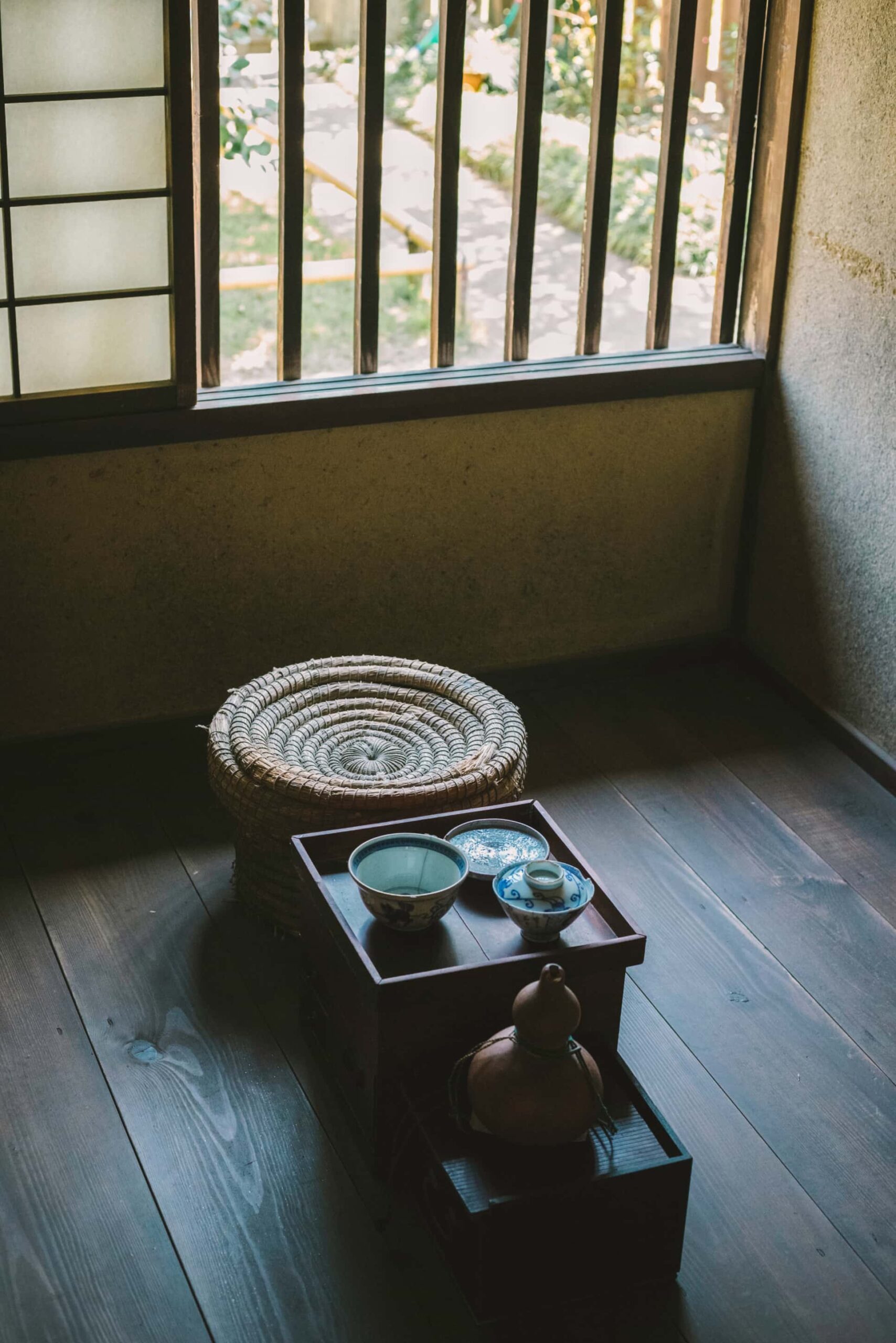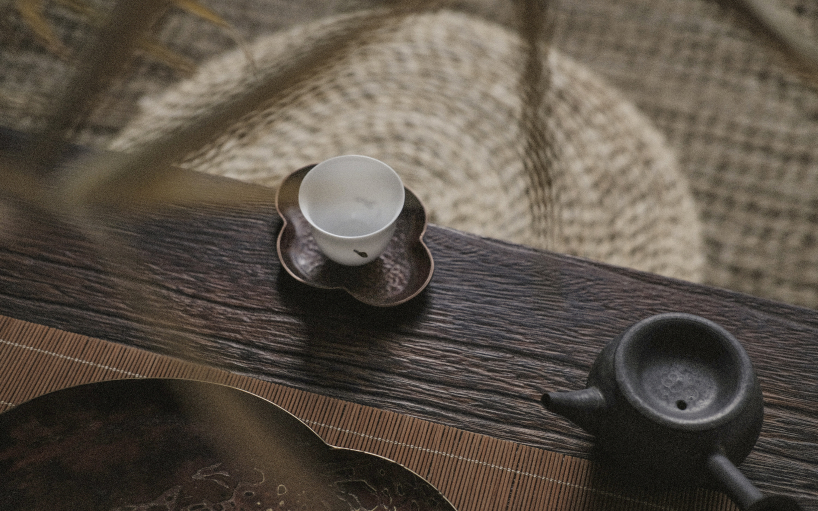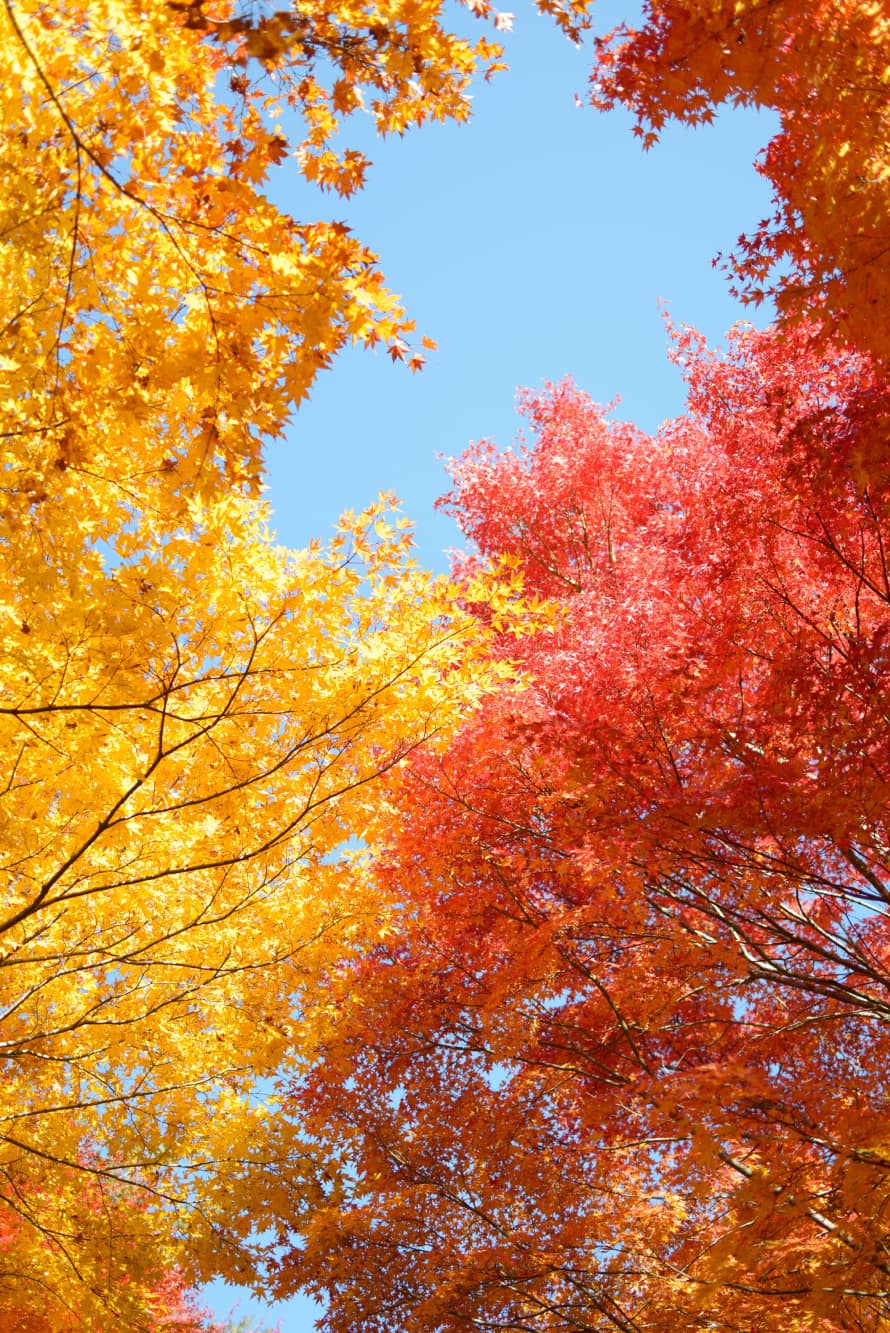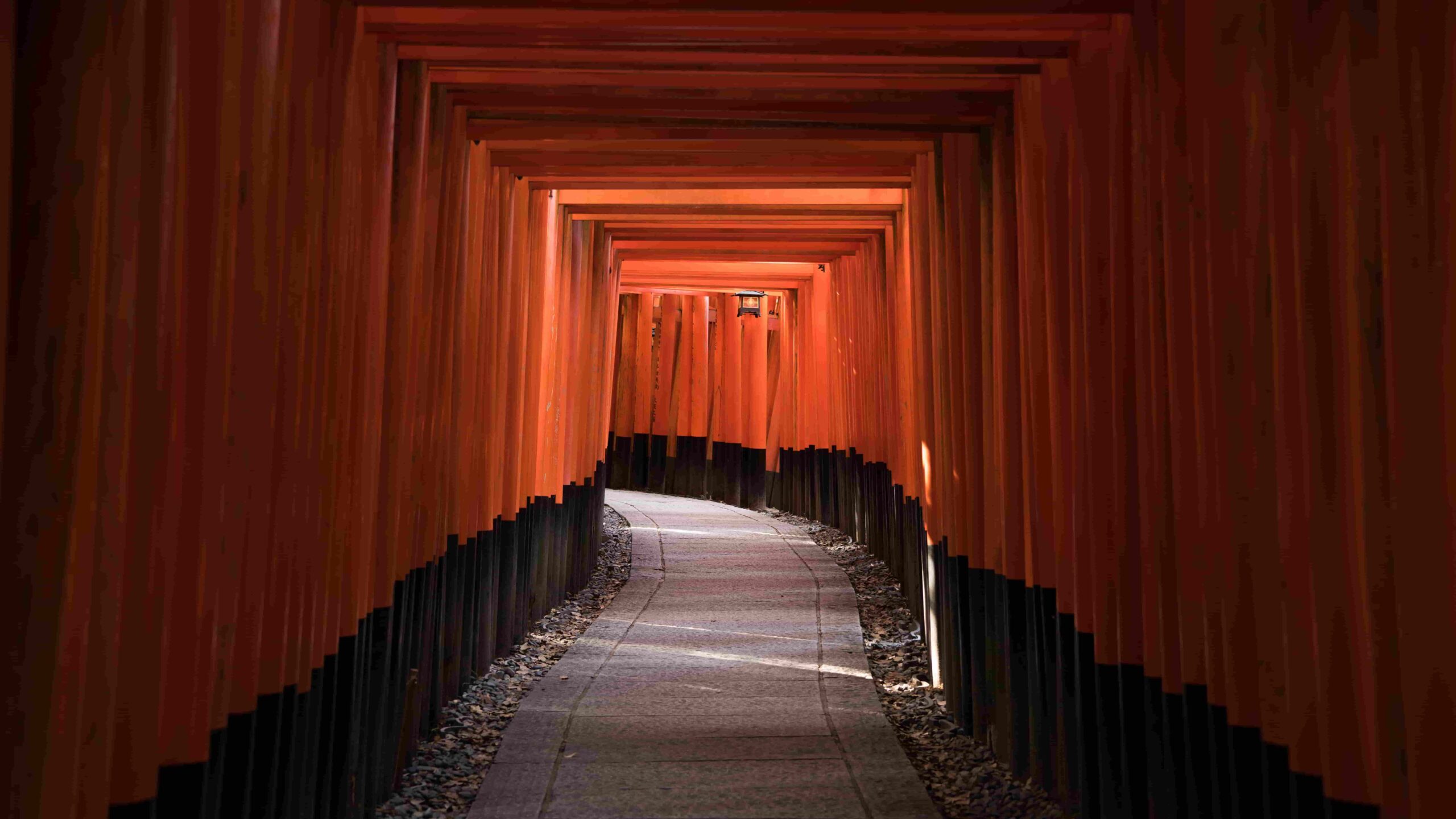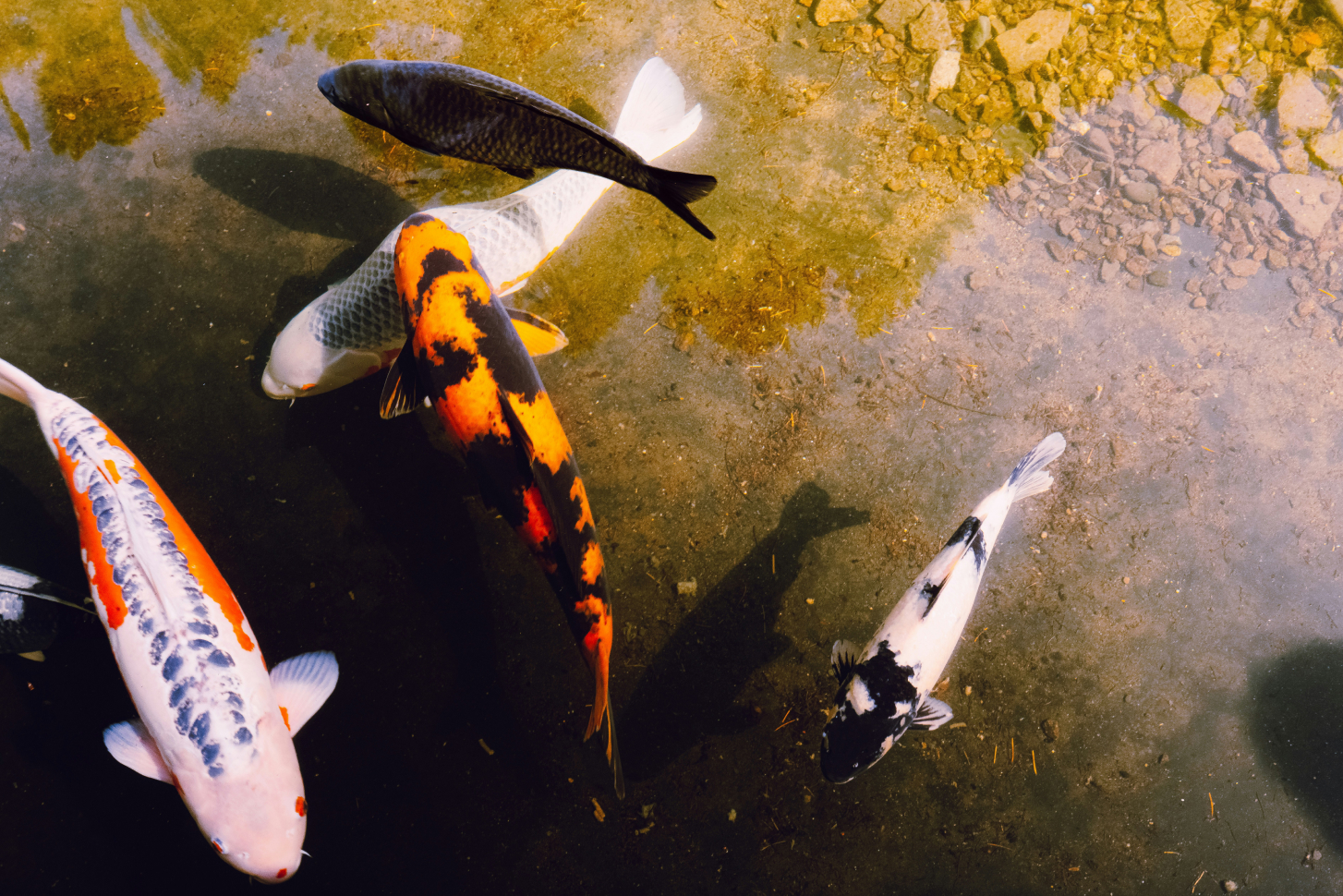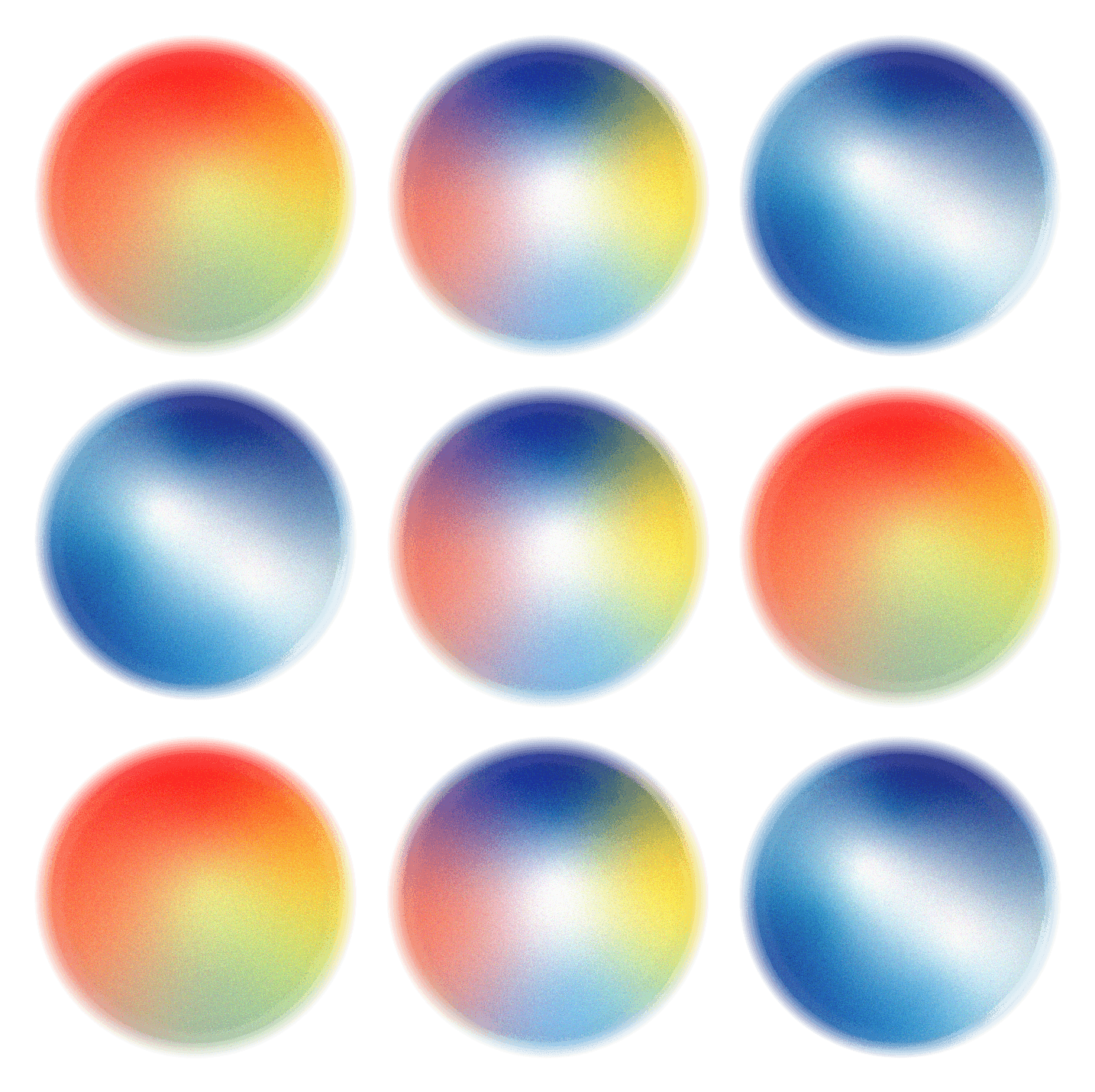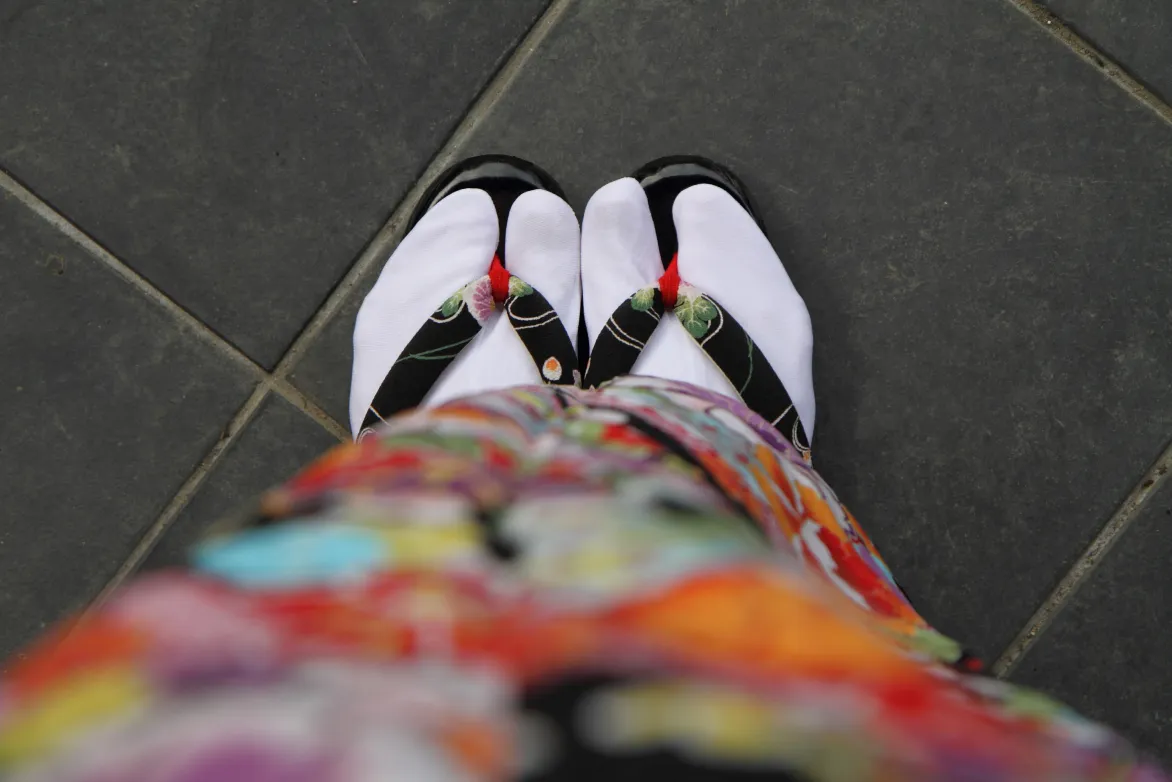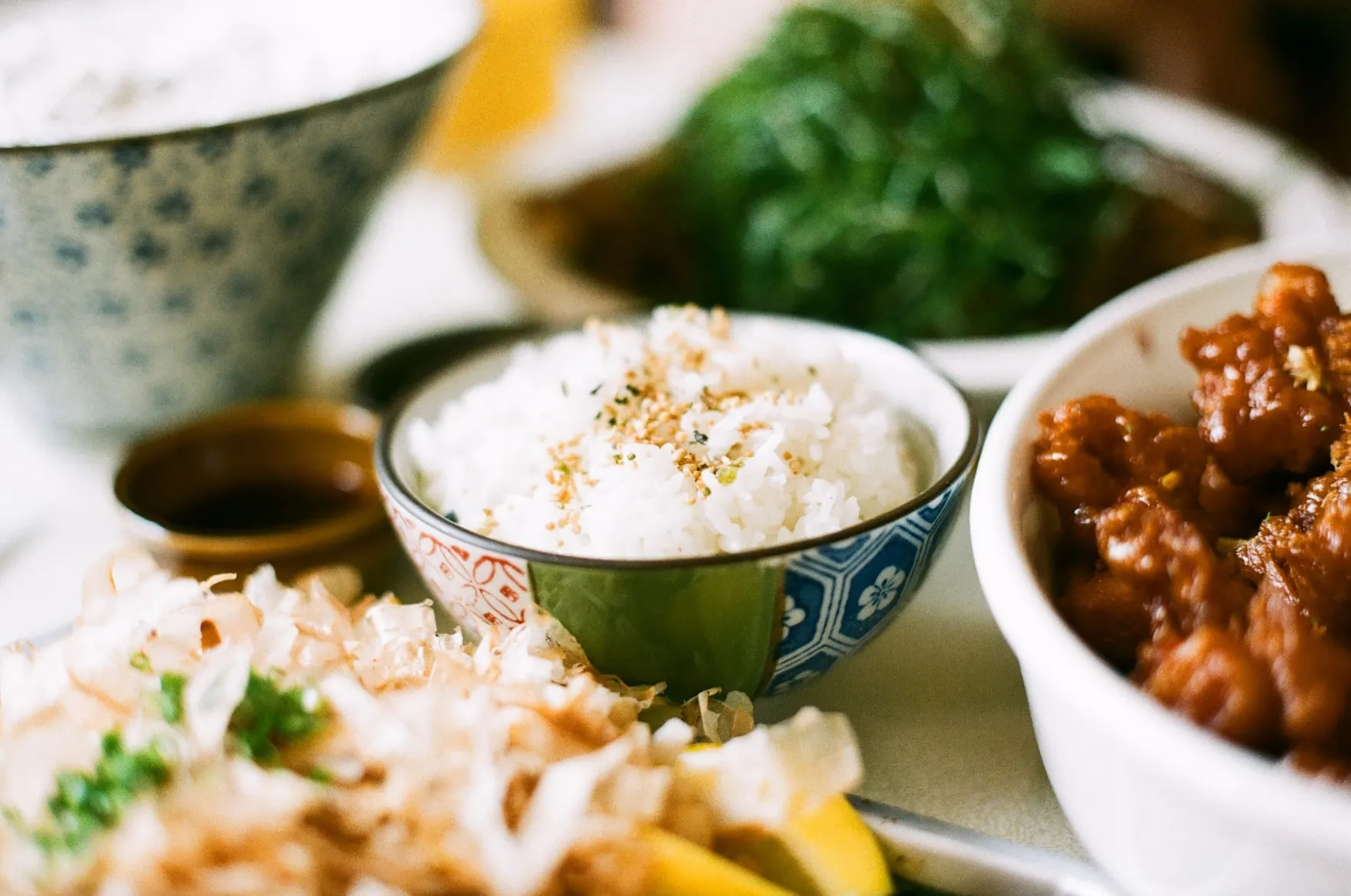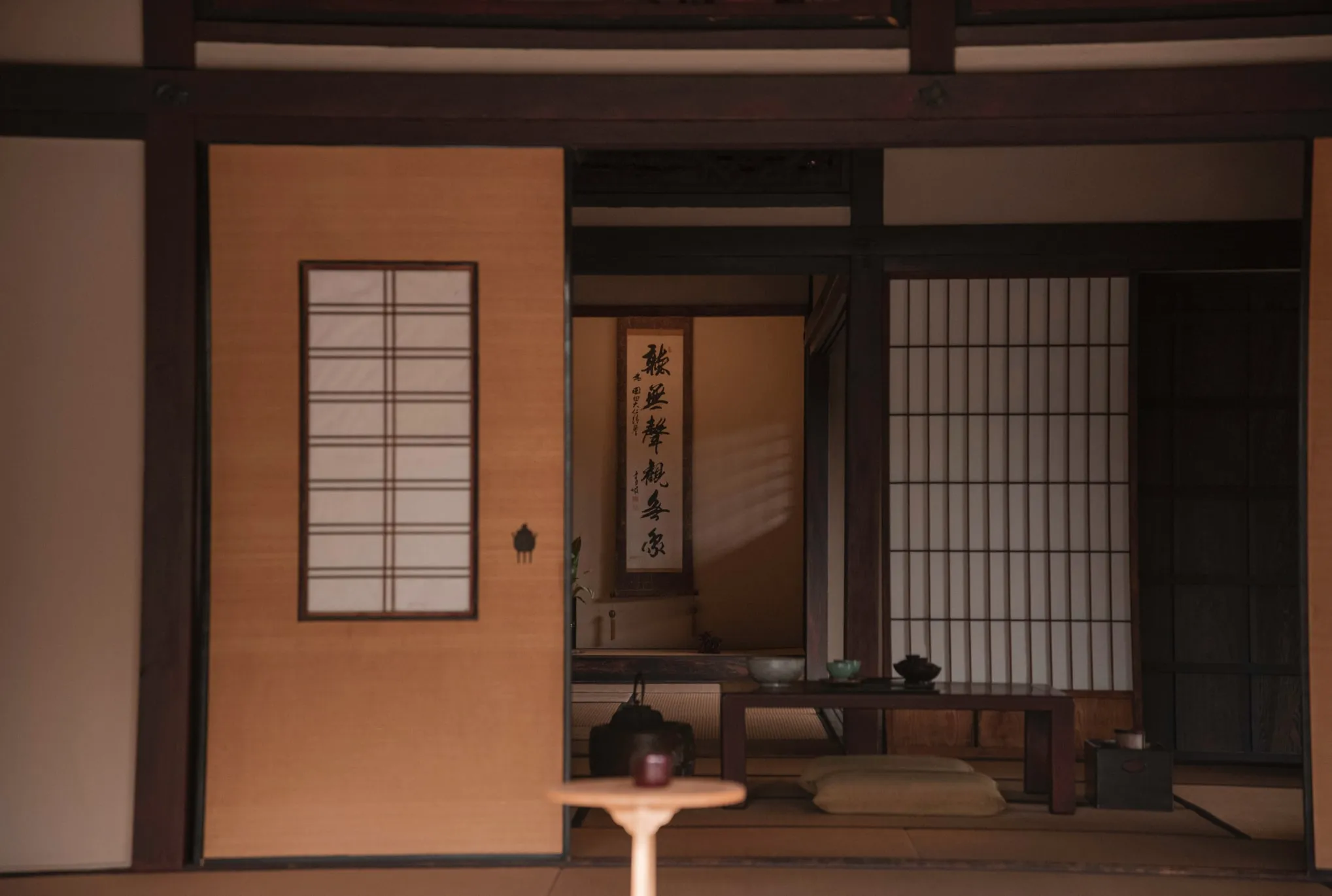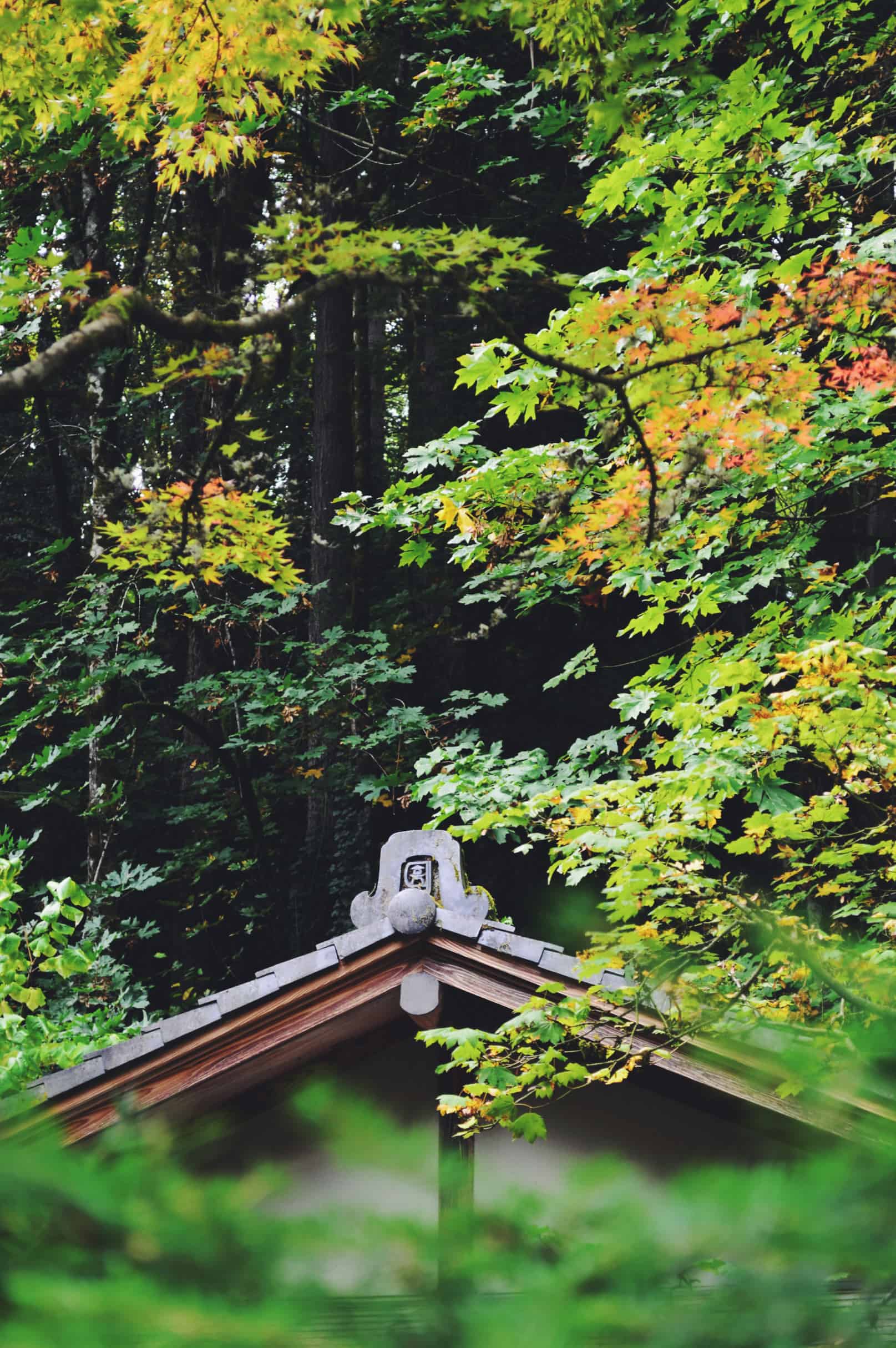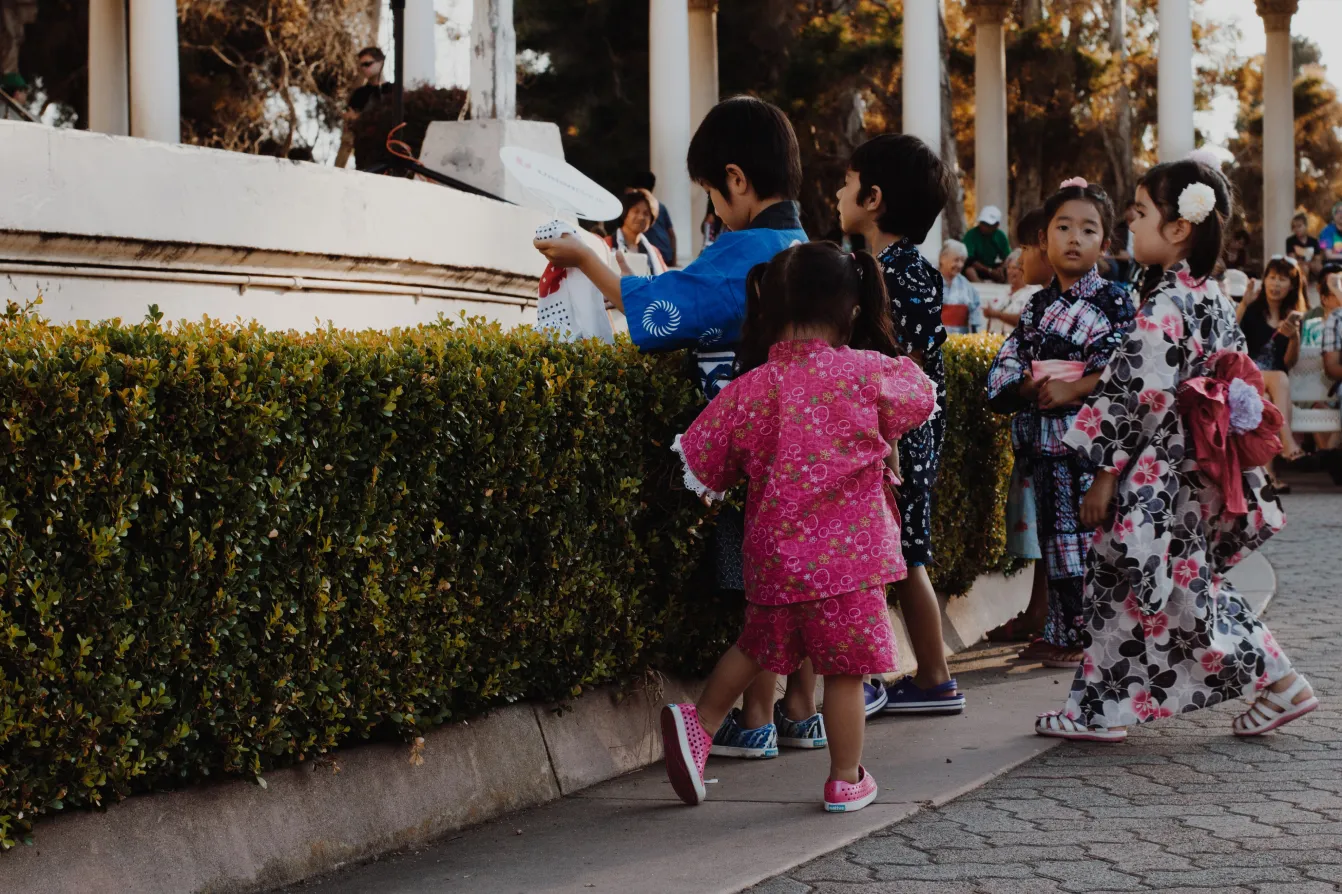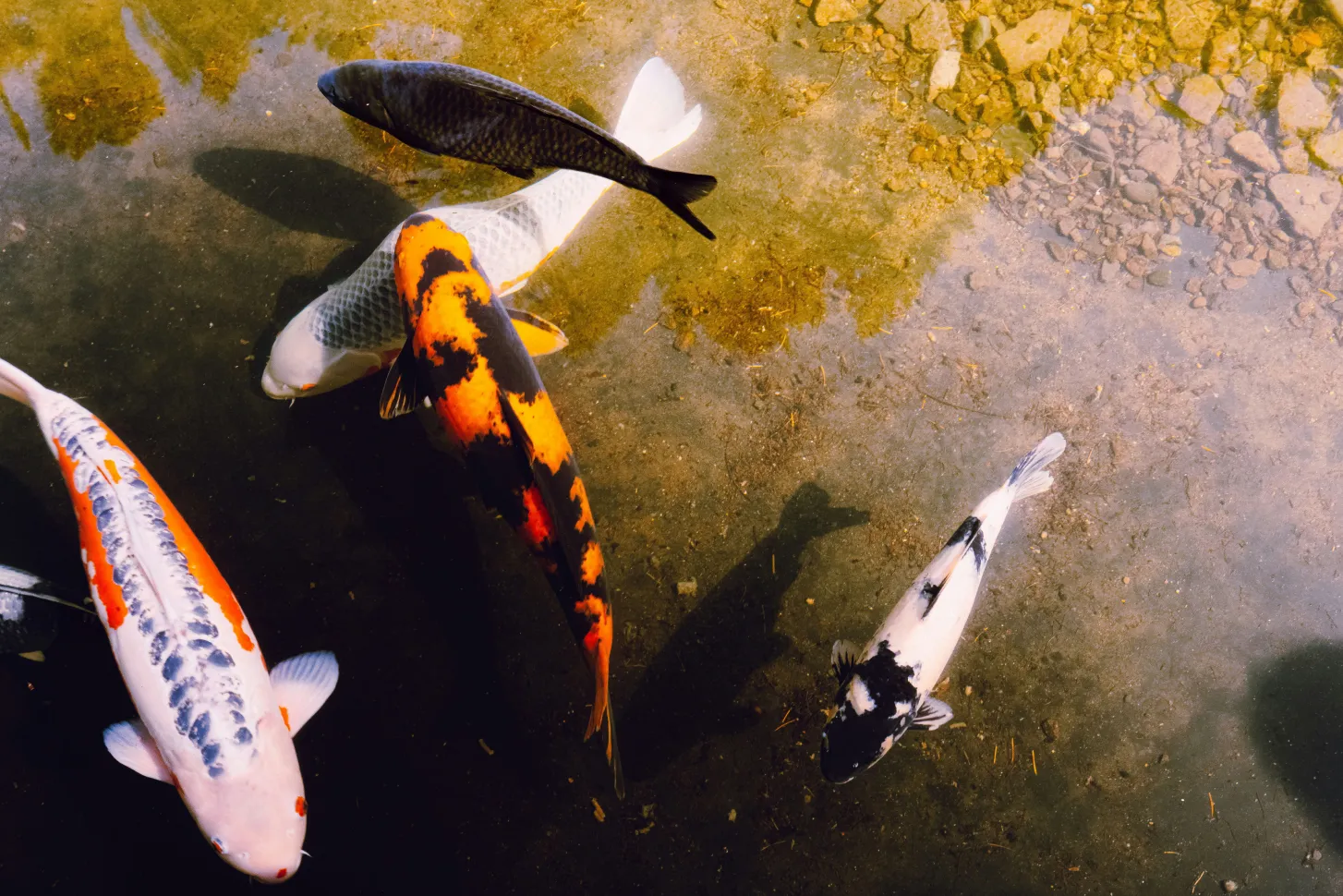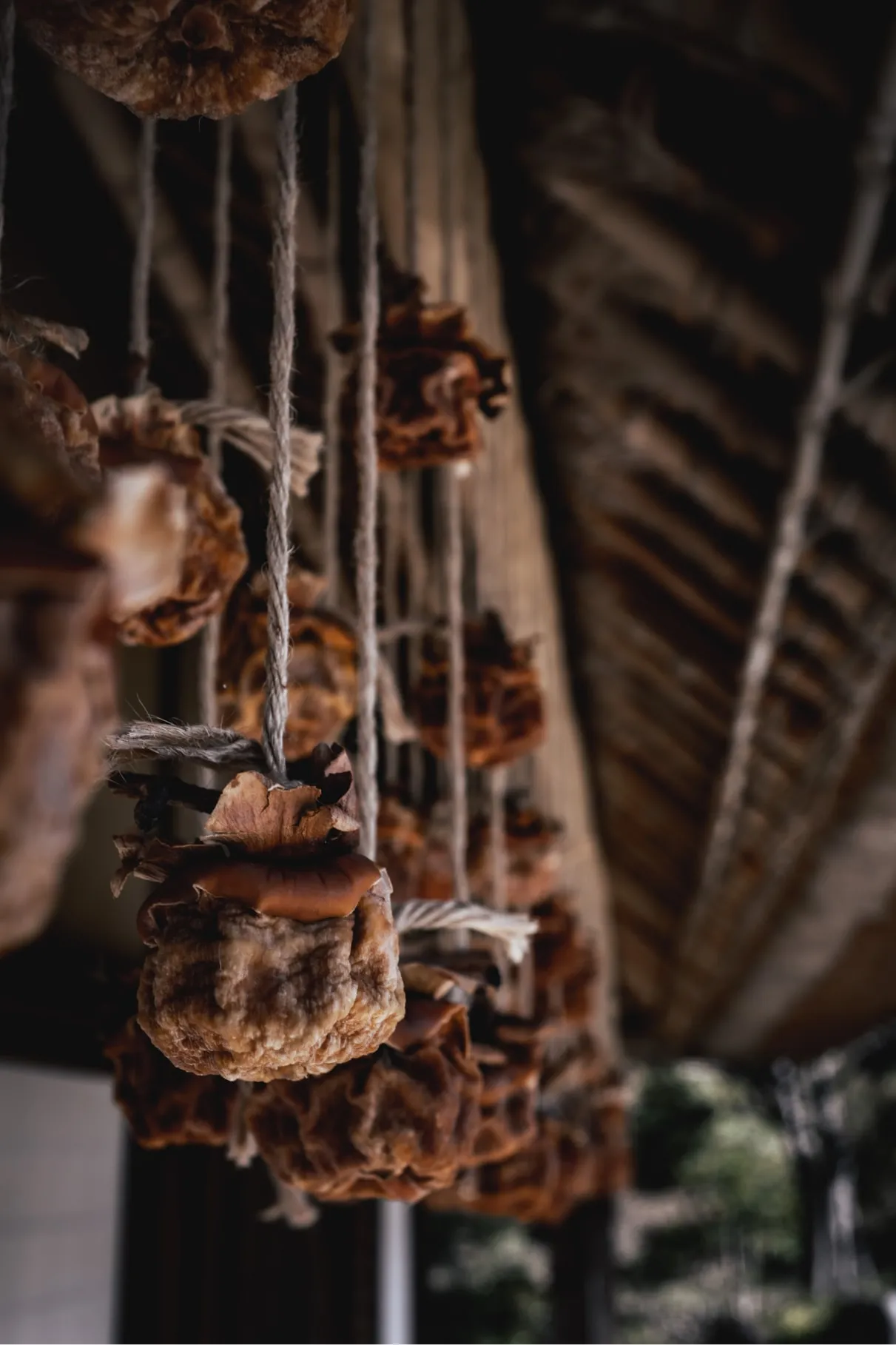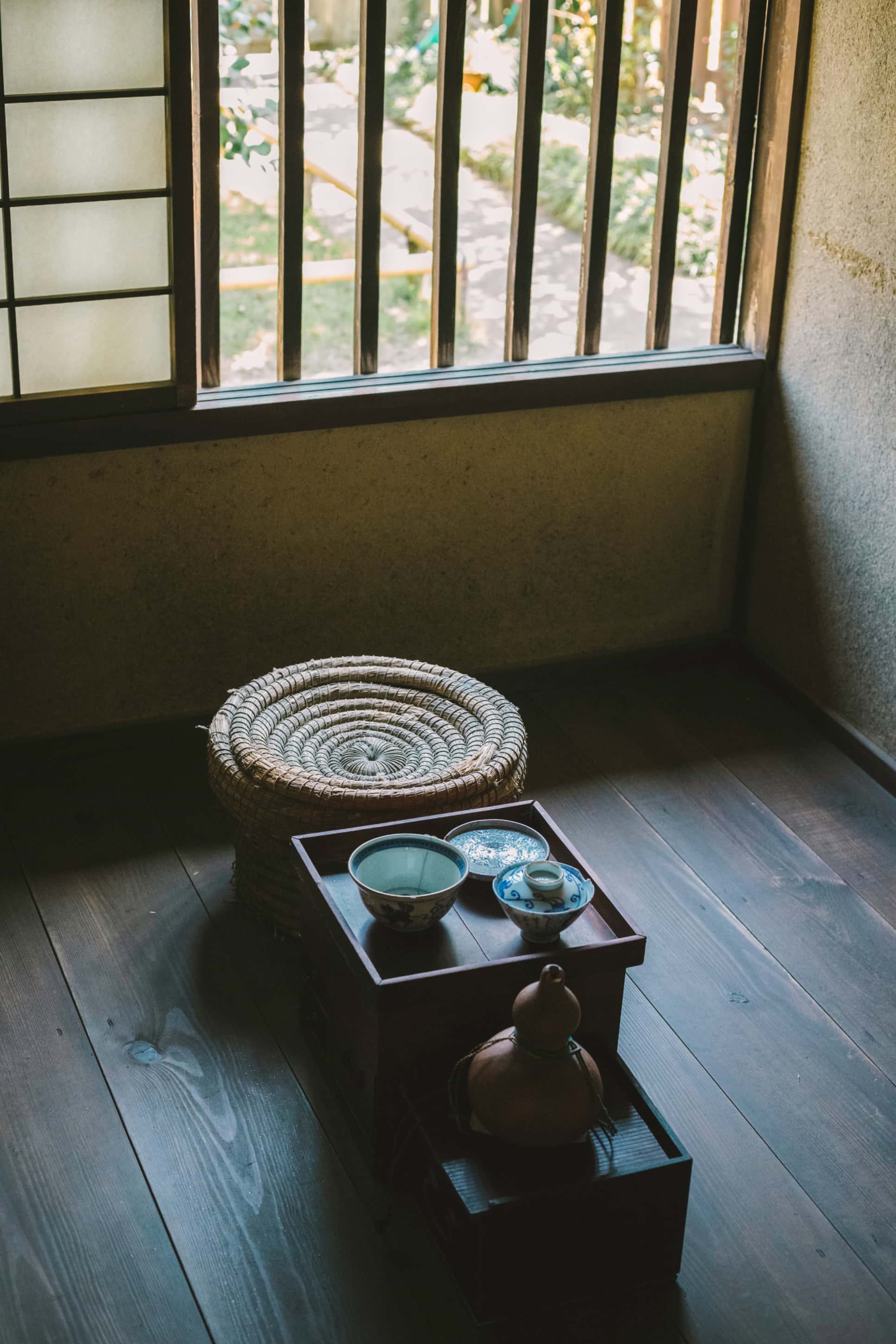"和 (Wa)" refers to harmony and peace.
It's a concept that illustrates people cooperating and living together, showing an attitude of avoiding conflicts and aiming for coexistence and mutual prosperity.
"Wa" flows at the core of Japanese culture,
deeply influencing the actions and thoughts of Japanese people.
Practical Japanese Expression Dictionary
"Wa" = Japan. Japan as a country essentially embodies the spirit of "wa."
As we move forward, what kind of future should we create? Chasing efficiency, speed, convenience, and comfort, mass production, mass consumption, and mass disposal become the norm, constantly seeking new things only to grow tired of them and discard them, repeating the cycle.
We live in a society swirling with emotions and desires.
Perhaps if we turn back the clock of the times, even just a little, and pause to stop living solely by swallowing outside information like machines, we might see a different world from what we've known.
Valuing the old, valuing what we have now, valuing nature. First and foremost, valuing the people around us, valuing time, taking our time to thoroughly enjoy our own time.
Living calmly, treating each moment with care, devoting ourselves wholeheartedly to living our own lives.
Due to COVID, interactions between people and experiencing art firsthand have become less frequent.
Surrounded by seemingly convenient machines, our relationships with others and with nature grow distant.
Is this truly what we desire?
Especially in times like these, I want to ask what true richness is, what nature is, who our true selves are, and what the meaning is behind living in this era.
The character for "wa" is also used to convey a sense of relaxation, such as in expressions like "nagomu" (to relax, become gentle) and "yawaragu" (to soften, become gentle).
Additionally, "wa" can mean addition. When two or more things are added together, conflicts may arise, but fundamentally, it would be strange if they didn't blend together into "wa."
For tens of thousands of years, we Japanese have cherished harmony, living alongside nature, gaining wisdom through experiences and intuition. While living with nature, we've admired it and expressed its beauty.
Within the rich nature of the changing seasons, we've developed culture, tradition, art, and economy. The delicate and refined expression of the Japanese people, I believe, has been nurtured within Japan as a place and throughout its long history.
While each of us regains a state of calmness in our hearts, "wa," expressing beauty in our daily lives through the invisible teachings of "wa" that have been passed down through generations, may serve as a catalyst to bring a bright light to this civilized society.
